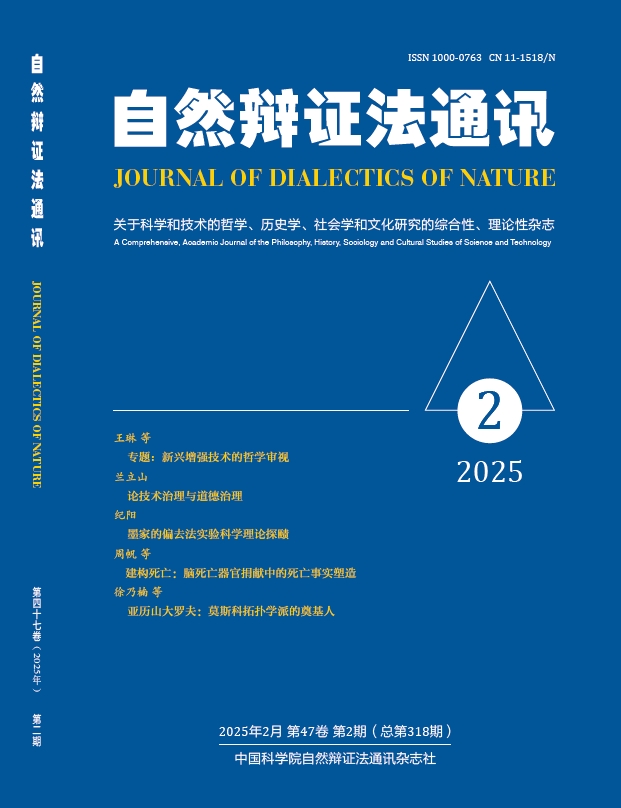

Published Online: 2025.1.15
DOI: 10.15994/j.1000-0763.2025.02.012 CSTR: 32281.14.jdn.2025.02.012
Abstract: The constructivity of death has attracted increasing attention since the proposition of brain death, and the close combination of brain death and organ donation has created new possibilities for the reconstruction of death. Through an ethnographic study at two hospitals in Beijing and Guangzhou, this article explores how heterogeneous actors in organ donation after brain death observe, understand, and shape the death facts of potential donors, and discusses how the interactions between technology and society play a role in reconstructing death and what problems arise from them. The study illustrates that the deep involvement of technology and the absence of legislation for brain death bring about complex shaping of death facts in organ donation, through which the concept of death gets reconstructed and presents operable and negotiable characteristics, and that the bundling of brain death and organ donation also makes the clinical application of brain death instrumentalized. The study thus argues accelerating the legislation of brain death and unifying the concepts of legal and clinical death can be effective ways to avoid excessive instrumentalization of brain death.
Key Words: Death; Death fact; Brain death; Organ donation; Construction
This article can be downloaded here
https://jdn.ucas.ac.cn/public/uploads/files/678625a331ed7.pdf
- Contact Us
- Address: No.19A Yuquan Road, Beijing, 100049, China
- Phone: +86-10-88256007
- Email:jdn@ucas.ac.cn




